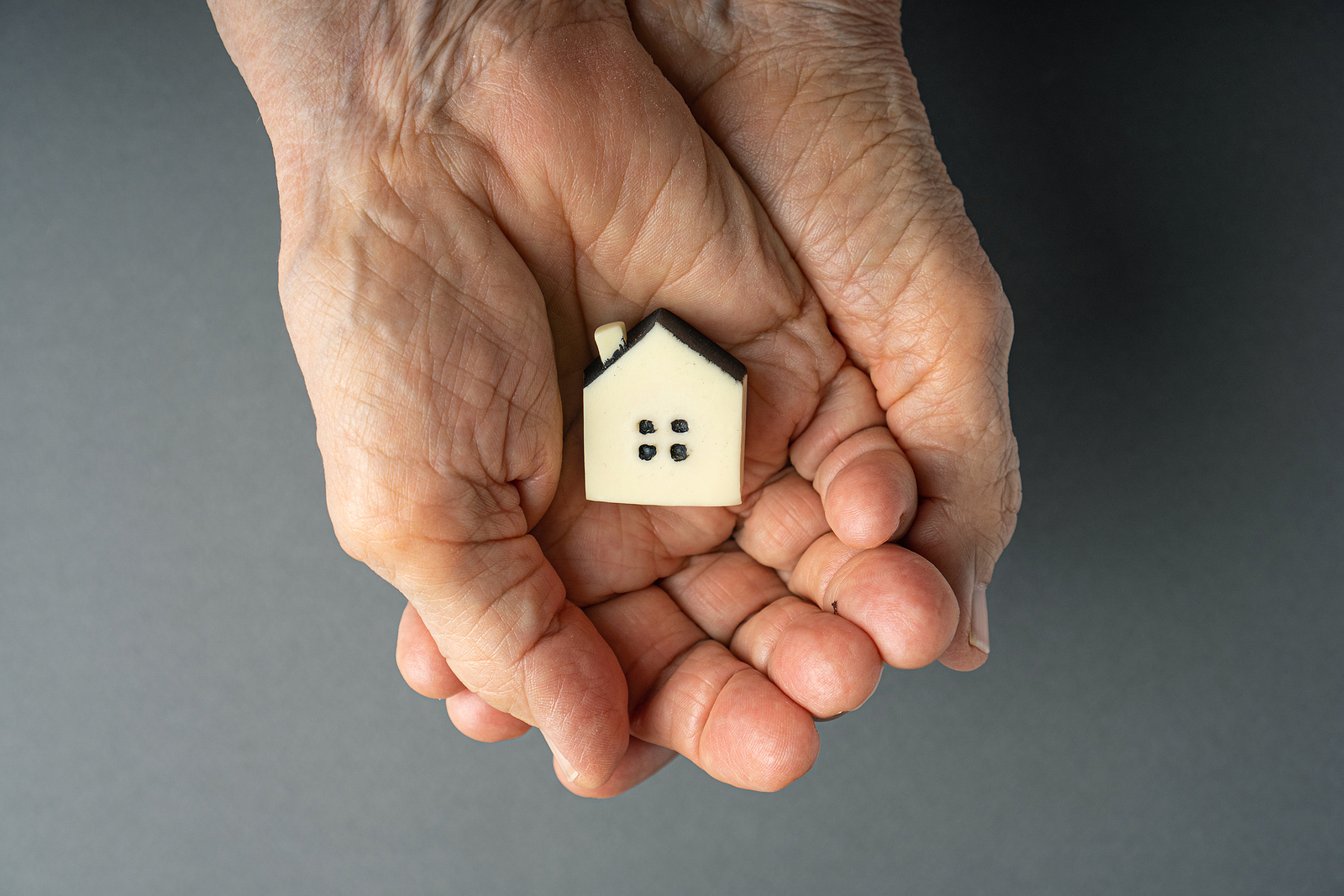Why Won’t My House Sell?

Selling a house is hard, and you might find your house sitting on the market for a while. You have things to do with your life, and you’d like to get through this process already. Why isn’t your house selling? More than likely, it’s due to one of these reasons.
The Price Is Wrong
This is the most common reason that a house won’t sell. This is hard for a lot of sellers, but you don’t get to determine the value of your house. In fact, the market doesn’t determine the value of your house either. Only buyers can make that determination, and if there are no buyers, there’s a good chance that the price of your house is too high.
There’s a weird inversion that can take place too. If the house is priced too low, it can convince prospective buyers that there are hidden problems. Being slightly under market value won’t trigger suspicion, but pricing that is incredibly low will almost always trigger red flags, and that can also make it hard to sell a house. You have to get the pricing just right, and for many sellers, that means adjusting the price once you see that it isn’t selling.
It Needs Too Much Work
Even if the house is in a good location, not everyone wants a project. Houses in heavy disrepair are often hard to sell, but not all work is related to making the house functional. Houses with unpopular floor plans or out-of-date designs can also be hard to sell. If a buyer is going to have to knock down walls and replace major components to make the house feel livable to them, it’s going to change their perspective on making the purchase.
A possible fix for this problem is lowering your price. If you take the edge off of the cost of the house, potential buyers will see that they can afford major renovations with the money they save.
The Market Is Bad
If the market is bad, it’s hard to sell a house. The most common problem is when there are way more houses than buyers, but housing markets can be a lot more complicated than this.
Even if the national market is red hot, local markets can be volatile. It’s entirely possible that houses in a city down the road are selling easily while houses around you are sitting on the market indefinitely. It can be even more specific than that. Sometimes, a single neighborhood will struggle while surrounding neighborhoods see fast home sales.
You can’t control the market. All you can do is respond to it. If your house happens to be in a bad market, you will want to consider an aggressively low price, making changes to the house, and finding nontraditional buyers to overcome that disadvantage.
Regulations Are in the Way
Regulations can make a house unbuyable. The most extreme example is condemnation. The average person can’t buy a condemned house because they don’t know what to do with it (although real estate veterans can still buy these houses). That’s a case of government oversight making it hard to sell your house.
Less extreme examples can relate to zoning, permitting, price-fixing, landmarking, and any number of local ordinances. When any of these interfere, traditional markets and realtors are not going to be much help. You will have better luck pursuing real estate investment firms and commercial realtors to sell your house.
It Is Unique
As you already read, not everyone wants a project. A special situation occurs with unique housing. The challenge is that the unique features that you love will not appeal to everyone. You might be attached to your limited-edition Star Wars themed bathtub, but most people are going to see that and want to change it. As you add uniqueness to a house, you add features and elements that a new buyer is going to want to rework and recustomize. Because of that, unique homes can prove incredibly difficult to sell. No matter the reason, if you’re having a hard time selling a house, you want solutions. You can identify the problem and attack it directly. You can also take a surefire approach to sell any home. Contact We Buy Houses Cleveland. We’ll look at any house and make an offer on it, no matter the market, condition of the home, or otherwise.



